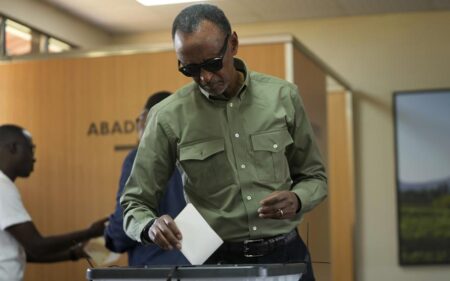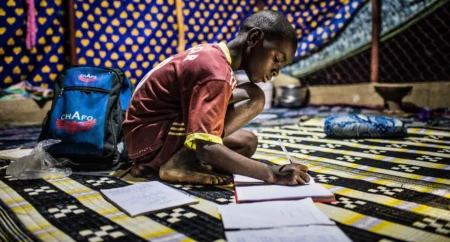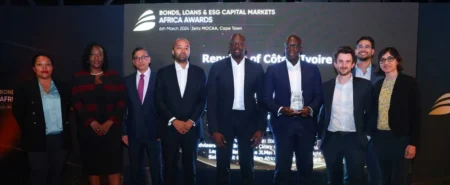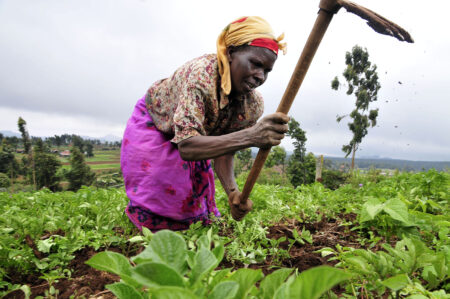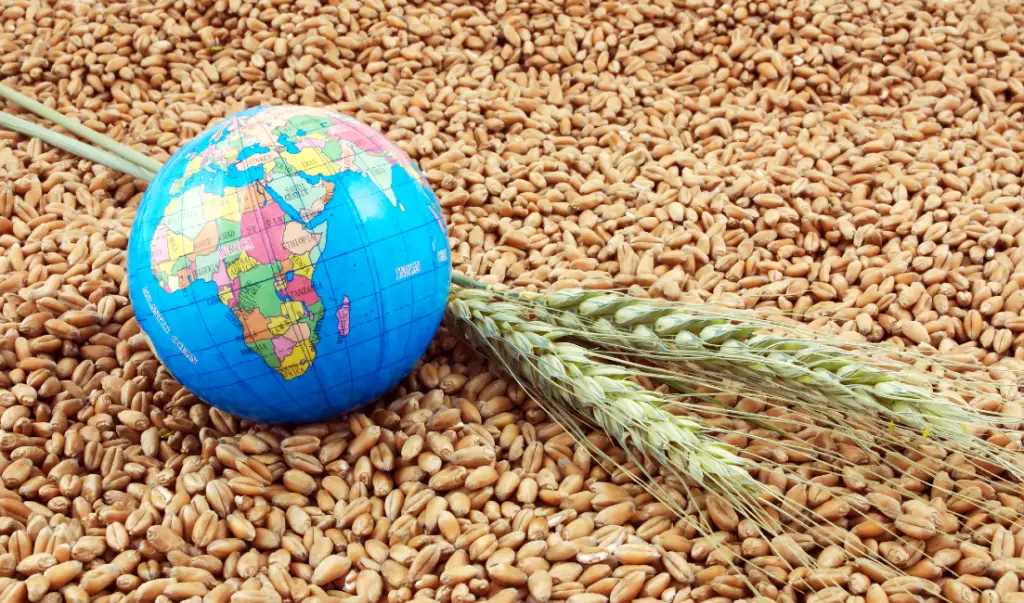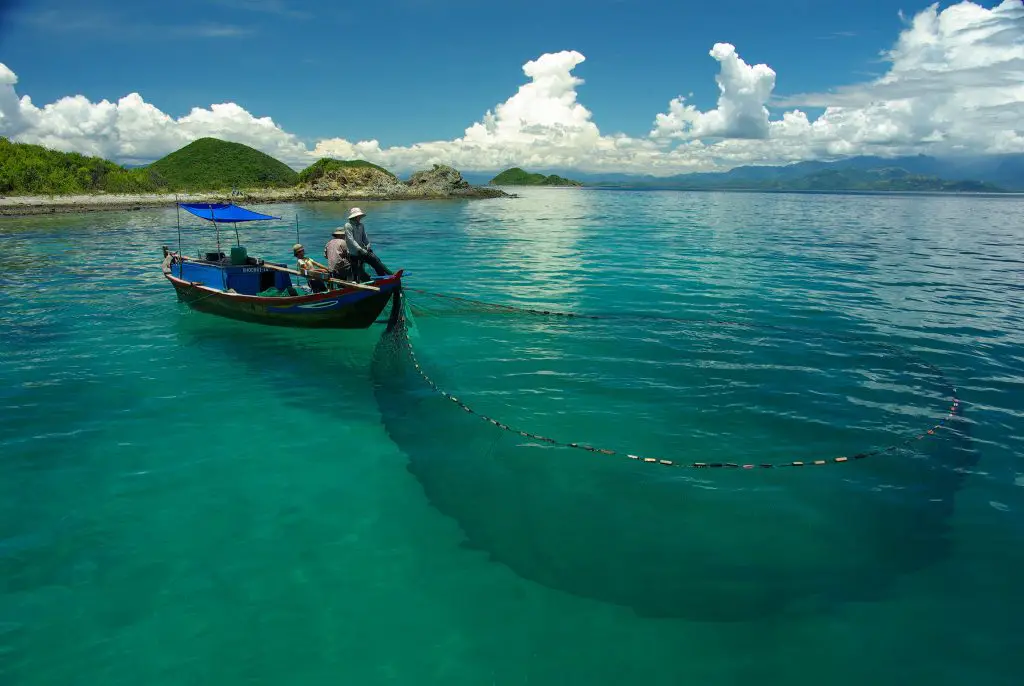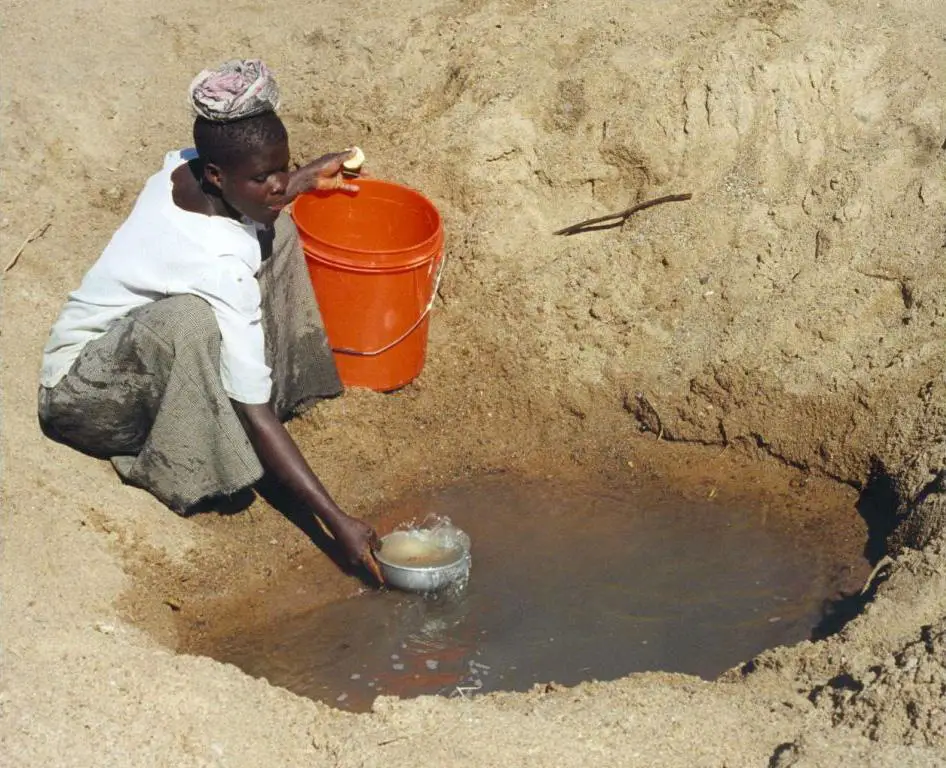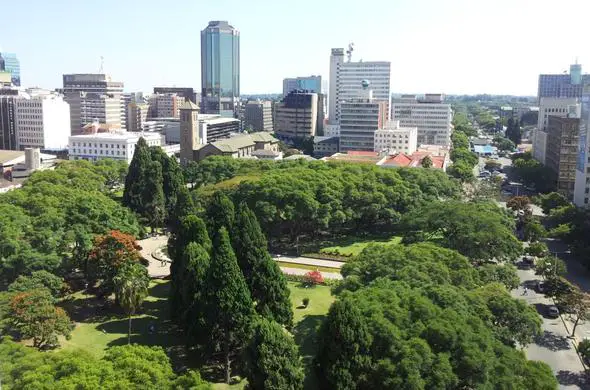- Africa’s new dawn: the rising role of digital and AI in agriculture
- Can Dangote Refinery Transform Africa Energy Ambition
- Gallup Survey: 80 per cent of Kenyan Workers Are Disengaged and Seek New Opportunities
- Madagascar Man Freed from 5KG Tumor After 15-Year Struggle
- How women in Africa are perceived and treated
- Sugar consumption in Kenya to Increase to 1.23 Million Tonnes
- Can Somalia and Turkey Oil deal Bring Change in Somaliland
- Remittances to Kenya dropped to $371.6 million in June, marking a six month low
Browsing: Sustainable Development Goals (SDGs)
- Results show that long-serving Paul Kagame has floored his challengers, garnering 99% of the presidential vote.
- This move gives Kagame a new 7-year term, and another chance to solve the persistent Rwanda-DRC conflict.
- Rwanda-DRC conflict has evolved into one of the world’s worst humanitarian crises in the world.
Rwanda Elections
Early results show that President Paul Kagame has beaten his challengers, garnering a jaw dropping 99.1 percent of the presidential votes cast on Monday, July 15, 2024. Kagame, who has been at the helm of Rwanda’s governance since 1994 secured victory by a similar margin in 2017.
His main challengers Democratic Green Party’s Frank Habineza and independent Philippe Mpayimana got 0.53 percent and 0.32 percent of the vote respectively.
According to Rwanda’s National Electoral Commission, about nine million people out of a population of 14 million were registered to vote. This represents an increase of two million voters compared to …
- Energy experts warn that the shortages that plague Africa’s electricity access in 2024 will have a significant drain on the continent’s economic growth.
- World Bank will connect 300 million Africans to electricity with a $35 billion plan.
- Africa is poised to adapt to transformative advancements that will reshape the landscape of energy access, storage, and connectivity across the continent.
Africa remains the most energy-deficient continent, with approximately 75 per cent of its population lacking access to electricity. As of 2021, 43 per cent of Africans, roughly 600 million people, were without electricity access, with 590 million in sub-Saharan Africa. Consequently, nearly half of the continent’s population is unable to use basic electrical appliances.
Despite improvements in electricity access in sub-Saharan Africa, where 49.4 per cent of the population had access in 2022, up from 33 per cent in 2010, electricity consumption has not seen a corresponding increase. The persistent lack …
- AfDB projects in Egypt and Côte d’Ivoire win at the 2024 Bonds, Loans & ESG Capital Markets Africa Awards.
- These projects showcase innovative financing, like Egypt’s Panda Bond and Côte d’Ivoire’s Sustainable Loan, promoting sustainable development in Africa.
- The awards highlight the significance of ESG criteria, demonstrating the Bank’s role in advancing economic sustainability and growth on the continent.
The African Development Bank has been at the forefront of driving significant financial initiatives across Africa, as demonstrated by its involvement in groundbreaking projects in Egypt and Côte d’Ivoire. The prestigious 2024 Bonds, Loans, and ESG Capital Markets Africa Awards recently honored these projects, highlighting the innovative approach and impact of the bank’s efforts.
Strategic Achievements Through AfDB Projects
Two African Development Bank-supported ventures have garnered top awards in notable recognition of excellence and innovation. Egypt’s groundbreaking RMB3.5bn ($478.7 million) Sustainability Panda Bond issuance clinched the Sovereign, Supra, and Agency …
The insurance sector has progressively curated products to cushion the different aspects of living, individuals and corporations. As such, agricultural insurance has been identified as an essential tool in assisting farmers, herders, and governments to mitigate some negative financial impacts of adverse natural events. Many countries have used insurance to help manage agricultural risks. The usefulness of agricultural insurance in risk mitigation is not in question.…
The Horn of Africa region – Eritirea, Ethiopia, Sudan, Djibouti and Somali – has faced persistent food shortages due to a mix of climatic conditions and conflict in some parts of the region. Over 22 million people face a dire lack of food, a decade after setting the global sustainable development goals (SDGs).
Four consecutive seasons of failed rains in the region and in Northern Kenya has threatened to further exacerbate the food situation in the Horn.
The single known reason why rains are failing in what is supposed to be the world’s most rain rich region is climate change, and that is not a natural disaster, it is man made.
Also Read: The economics of harvesting rain
Weather patterns have changed. Seasons have become unpredictable. The phenomenon explains itself, weather, by definition is the condition of the atmosphere at any given time, but climate is the noted weather patterns …
Why is agriculture so important? The World Bank estimates that “Healthy, sustainable, and inclusive food systems are critical to achieving the world’s development goals. Agricultural development is one of the most powerful tools to end extreme poverty, boost shared prosperity, and feed a projected 9.7 billion people by 2050.
Growth in the agriculture sector is two to four times more effective in raising incomes among the poorest compared to other sectors. Agriculture is also crucial to economic growth: it accounts for 4% of global gross domestic product (GDP) and in some developing countries, it can account for more than 25% of GDP.”
Agriculture not only eliminates hunger, but its support and success will lead to the attainment of the world’s development goals, end poverty, and boost shared prosperity. CGAP, which published an article about “The Role of Financial Services in Reducing Hunger”, states that for the majority of the 1.4 …
Africa seeks economic prosperity rooted in sustainable development and inclusive growth. Appropriate governance and exploitation of the latent potential in the African blue economy can accelerate economic growth. Consequently, this can help alleviate poverty throughout the continent.…
In the wake of the ongoing devastating drought that continues to ravage the Horn of Africa at an alarming rate, it is imperative to urgently redress Africa’s perennial water crisis. The United Nations Office for the Coordination of Humanitarian Affairs (OCHA) reports that communities in the Horn of Africa are experiencing one of the most severe La Niña-induced droughts leading Kenya and Somalia to declare national emergencies due to poor and unpredictable rainy seasons. According to the World Food Programme (WFP), an estimated 13 million people are grappling with a major drought caused by the driest conditions since 1981.
This has been the aftermath of three failed rainy seasons in Kenya, Ethiopia and Somalia that have led to extreme water shortages, consequently leading to the decimation of crops and livestock deaths, forcing families from their homes and triggering conflict between communities. The root of this deleterious crisis has been climate …
Zimbabwe is ready to host the Sixth Africa Regional Forum on Sustainable Development (ARFSD) Minister said.
The forum will be held in Victoria Falls in February from 24 to 27 under the theme ‘2020-2030: A Decade to Deliver a Transformed and Prosperous Africa through the 2030 Agenda and Agenda 2063.” said Sekai Nzenza, the acting Labour, Public Service and Social Welfare Minister Zimbabwe.
“The Forum gives Zimbabwe an opportunity to showcase itself, especially that the country is really open for business and also what the country can offer in terms of tourism. It is also a great opportunity for the country to establish strategic alliances on Sustainable Development Goals (SDGs) as we continue to reengage with the rest of the world,” said Ms Nzenza.
She said Zimbabwe is fully committed to achieving the sustainable development goals agenda and the 2063 African Union Agenda.





